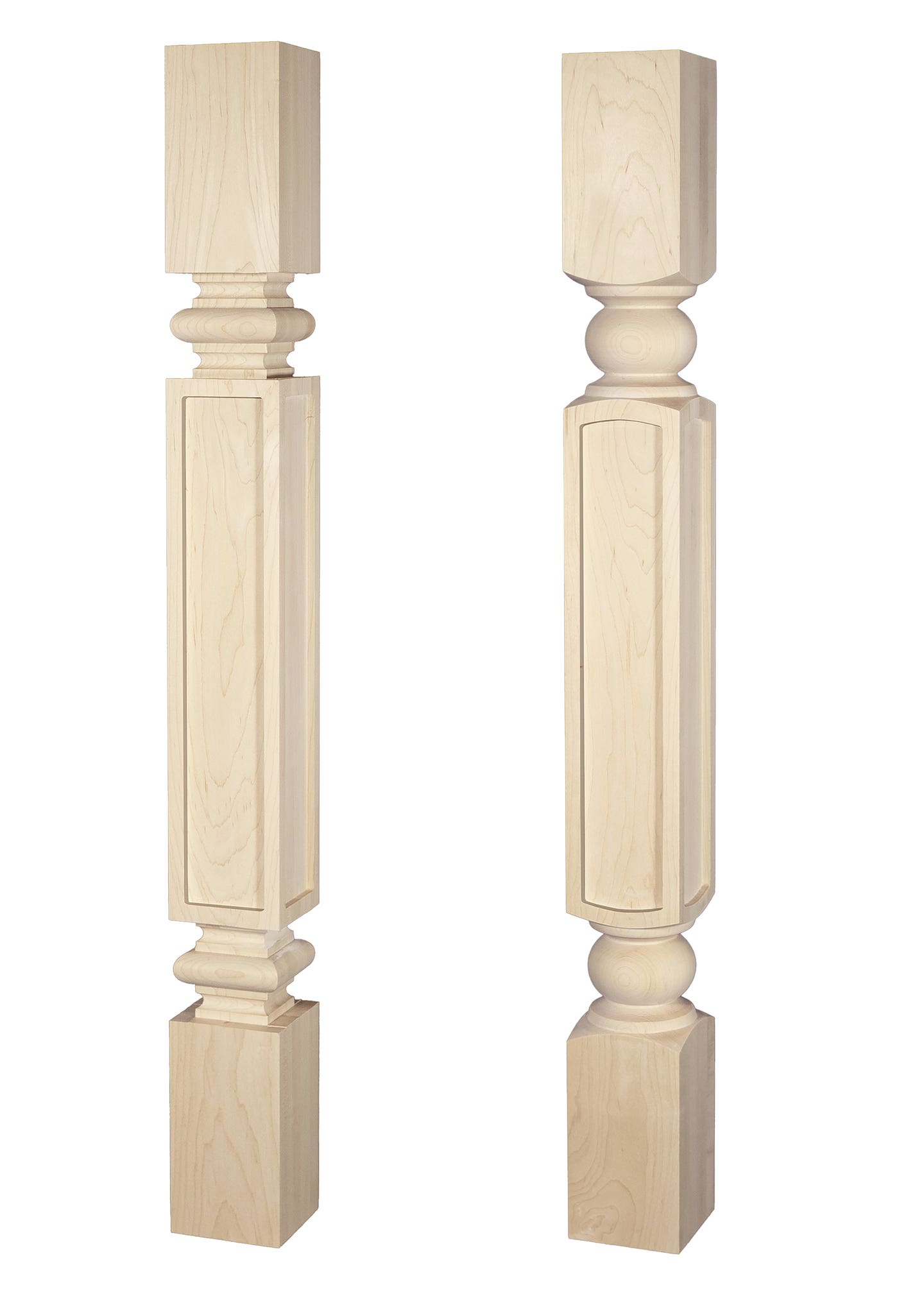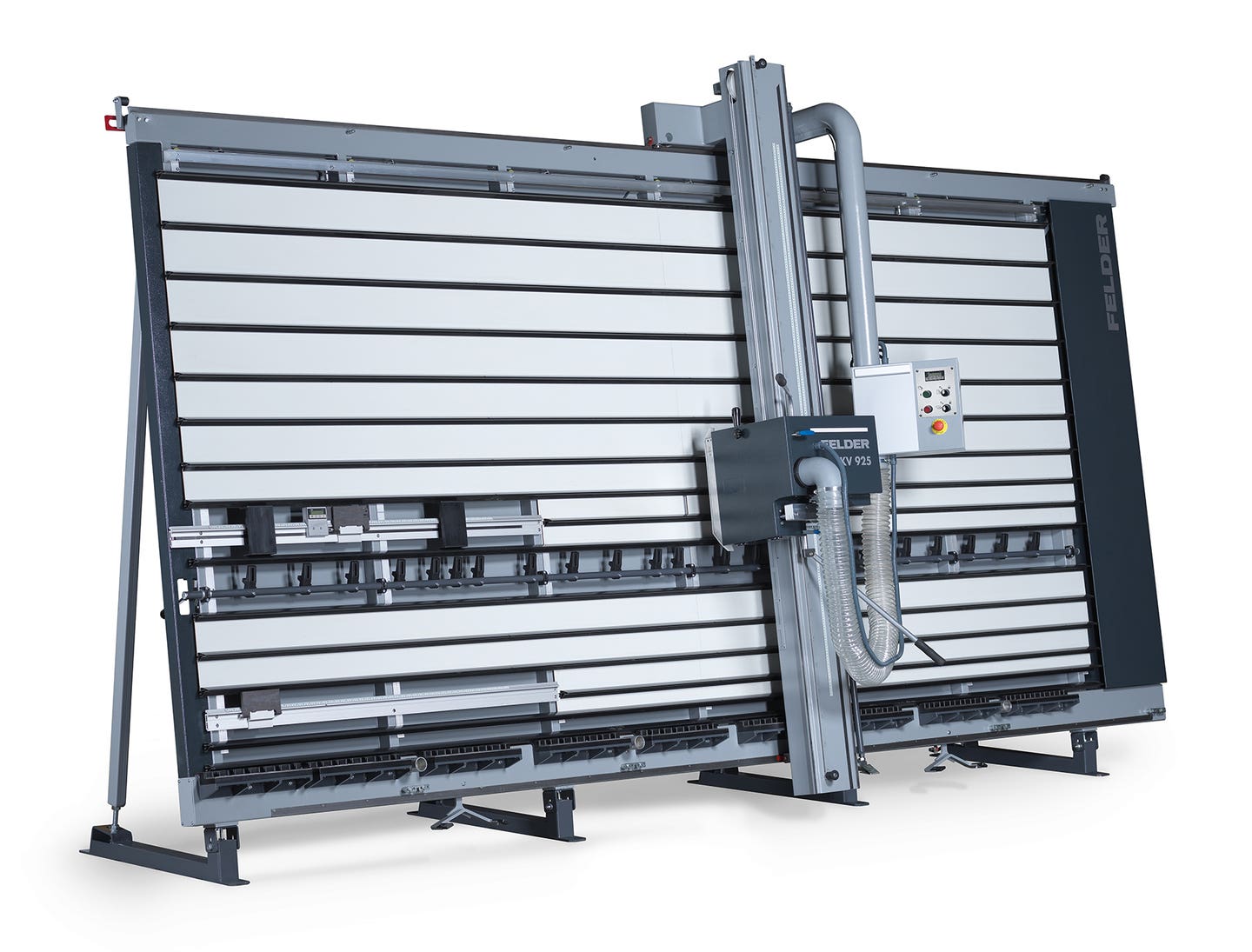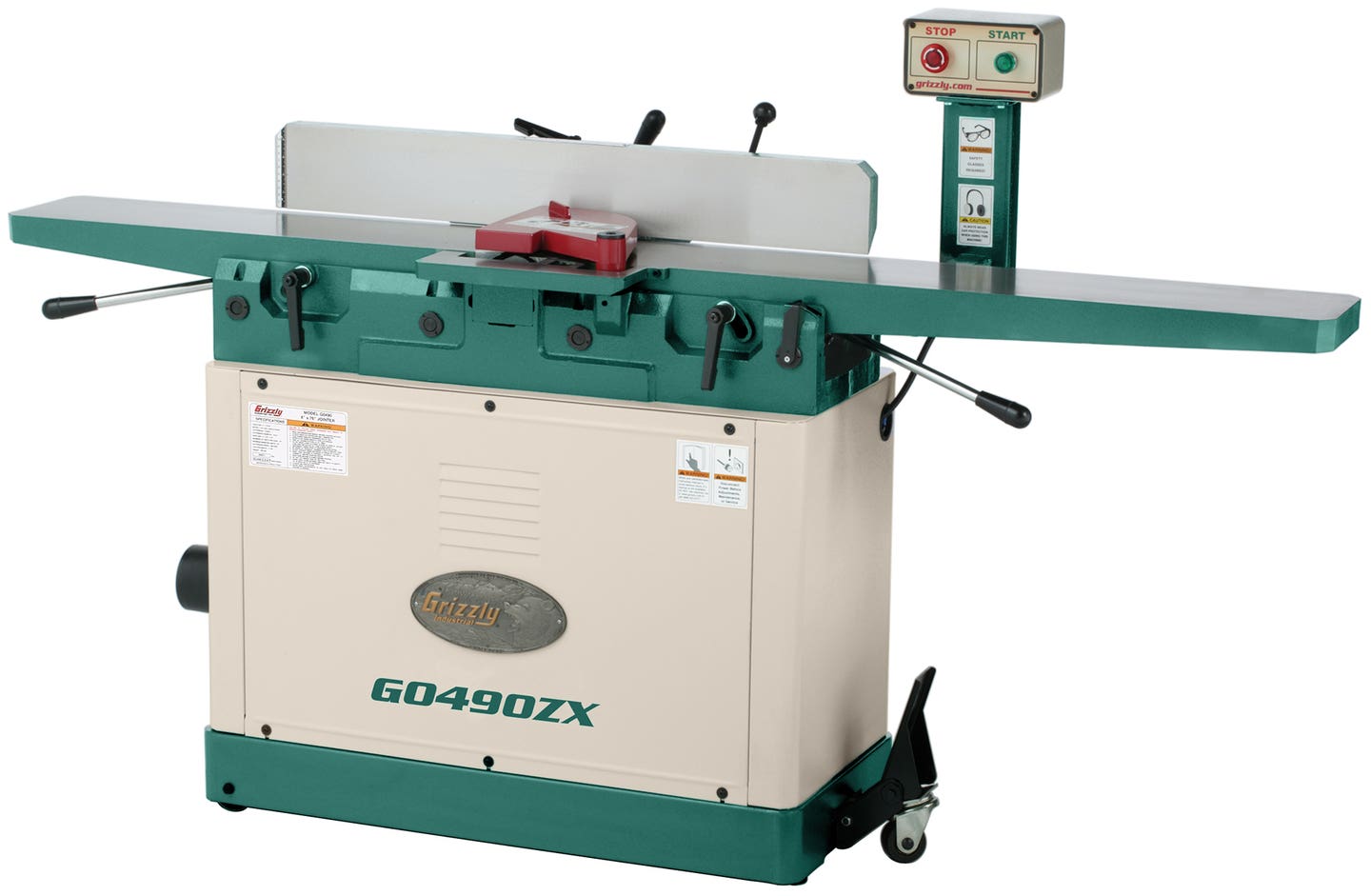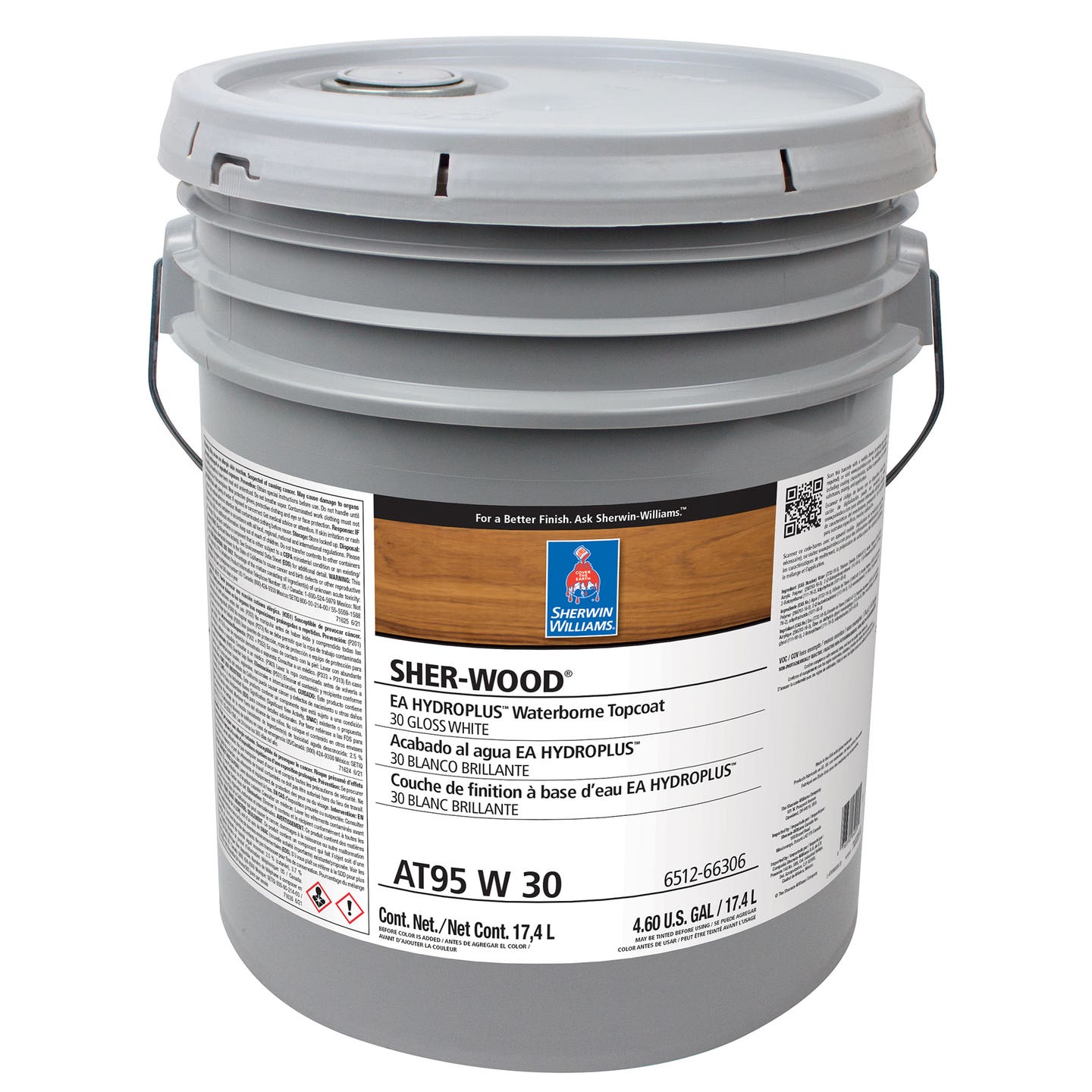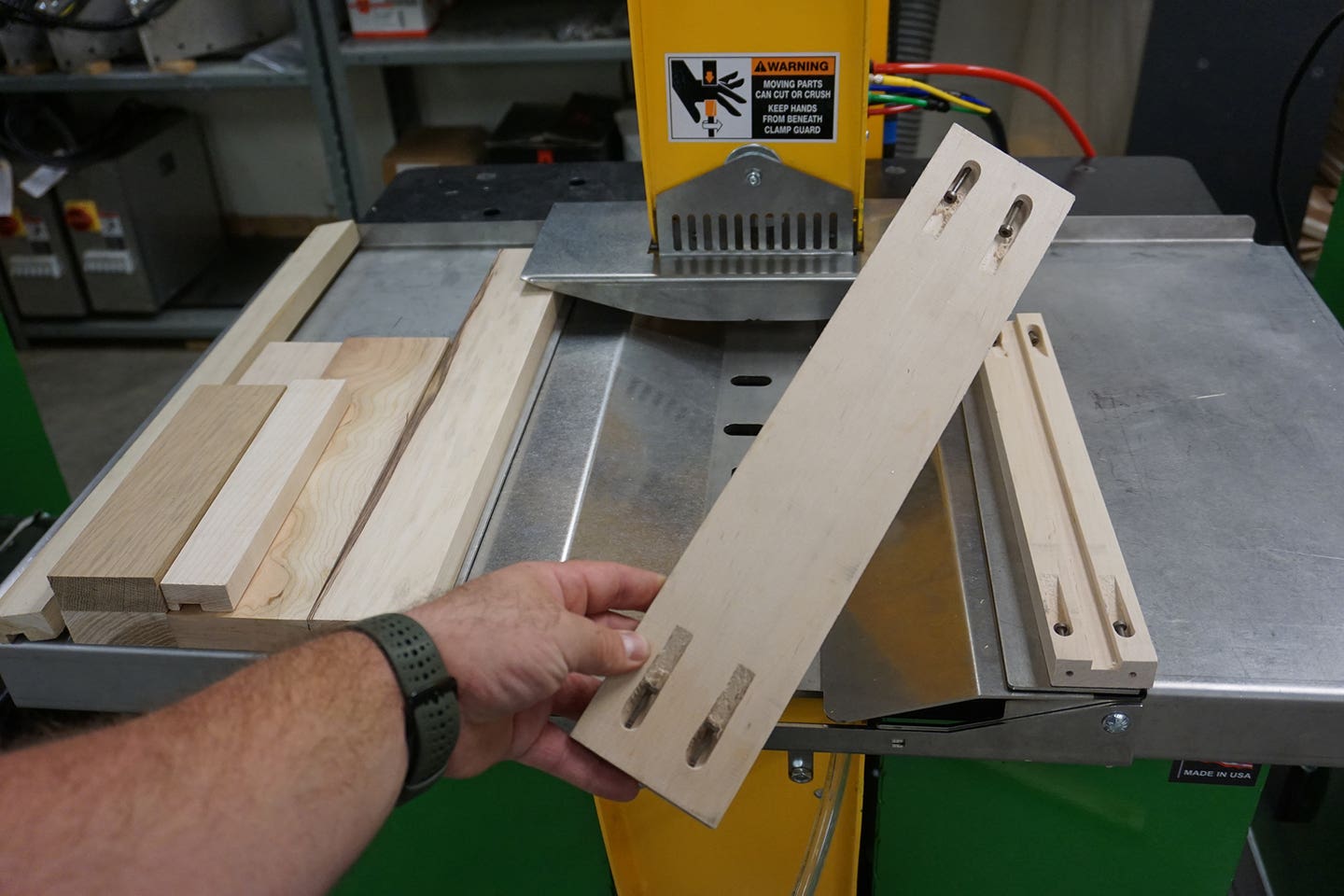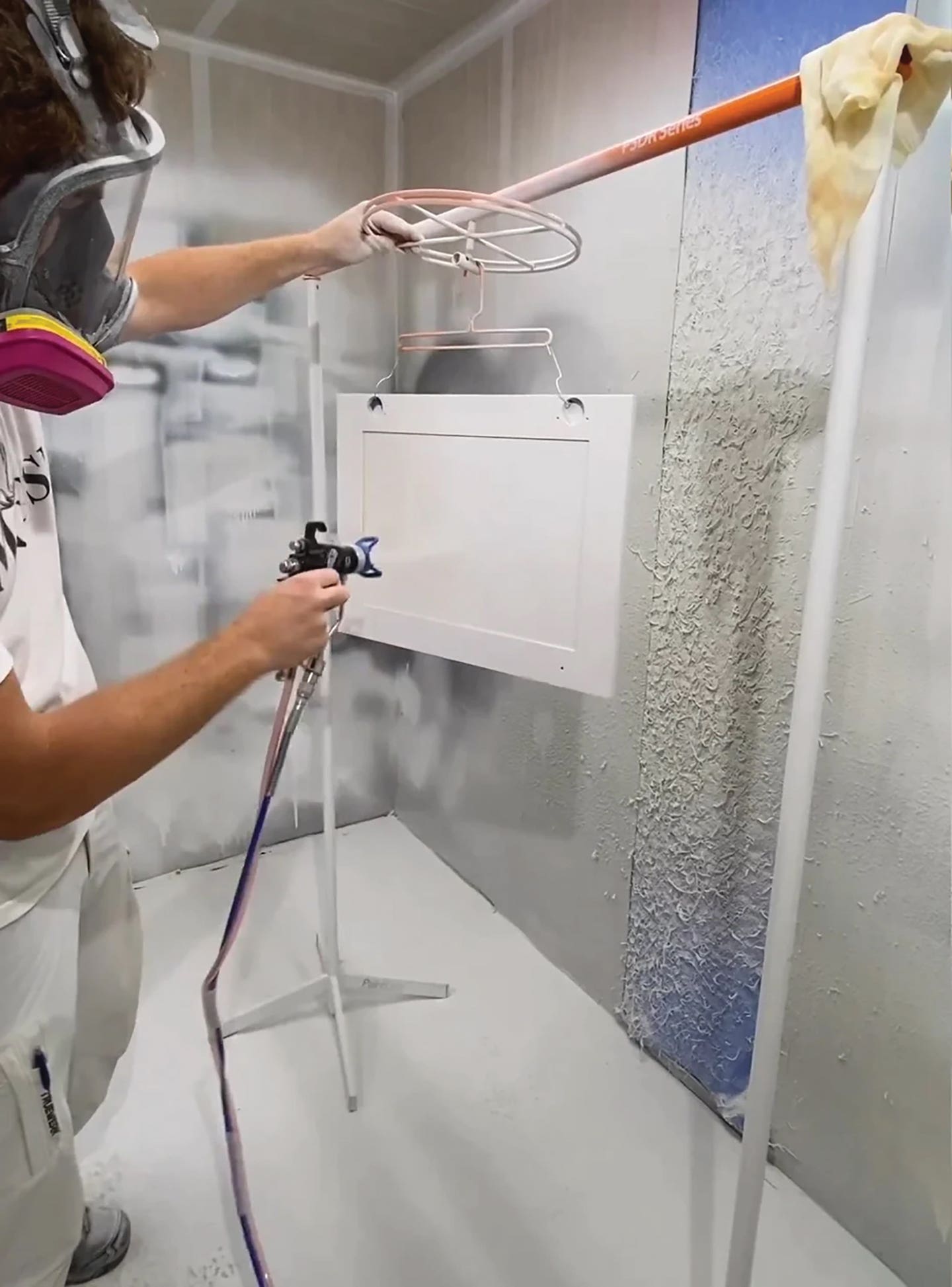Universal Robots features cobots at IWF
Universal Robots demonstrated the versatility and capabilities of cobots, focusing on how they can expand and simplify processes in wood manufacturing facilities, at IWF 2022 in Atlanta. “One of the…
Universal Robots demonstrated the versatility and capabilities of cobots, focusing on how they can expand and simplify processes in wood manufacturing facilities, at IWF 2022 in Atlanta.
“One of the challenges with most of these [facilities] is they’re very high mix, very low volume. They don’t make a million of anything. On Tuesday they’re going to make 100 door fronts, on Wednesday they’re going to do panels, on Thursday they’re going to make something else, and sometimes they don’t know,” Joe Campbell, senior manager of applications and strategic marketing at Universal Robots, told Woodshop News.
“So, that interchangeability is key because it keeps the cobot moving. We’ve got this whole concept of robot as a tool. It’s not a robot, it’s a finishing tool (for example), and you can put it on different types of applications easily.”
Collaborative robots (cobots) are designed to safely share workstations with humans, and sense where the human is to avoid contact and potential injury. Cobots currently spray coatings, sort parts, place components, load/unload machines and perform many mundane tasks that release employees who can be better used elsewhere.
Universal Robots currently offers five cobot systems which vary by reach and payload capabilities. They include the UR3e, UR5e, UR10, UR16e, as well as the UR20. Each system is controlled with an intuitive touchscreen, which allows for computer-generated commands or manual commands by the operator. The cobots run on household current and some of the peripherals require supplied air. Universal Robots partners with numerous companies that supply attachments from sanders to various grippers and more.
At IWF, the company’s booth featured interactive demos of UR cobots using the Kane Robotics GRIT-ST-X robotic system for sanding complex surfaces, such as cabinet doors and guitar bodies. Campbell says sanding setups are the most popular with woodworkers.
System pricing varies depending on the specific application and peripherals required. For example, a sanding setup typically costs from $100,000 to $125,000, according to the company. For specifics, visit universal-robots.com.
This article was originally published in the November 2022 issue.


